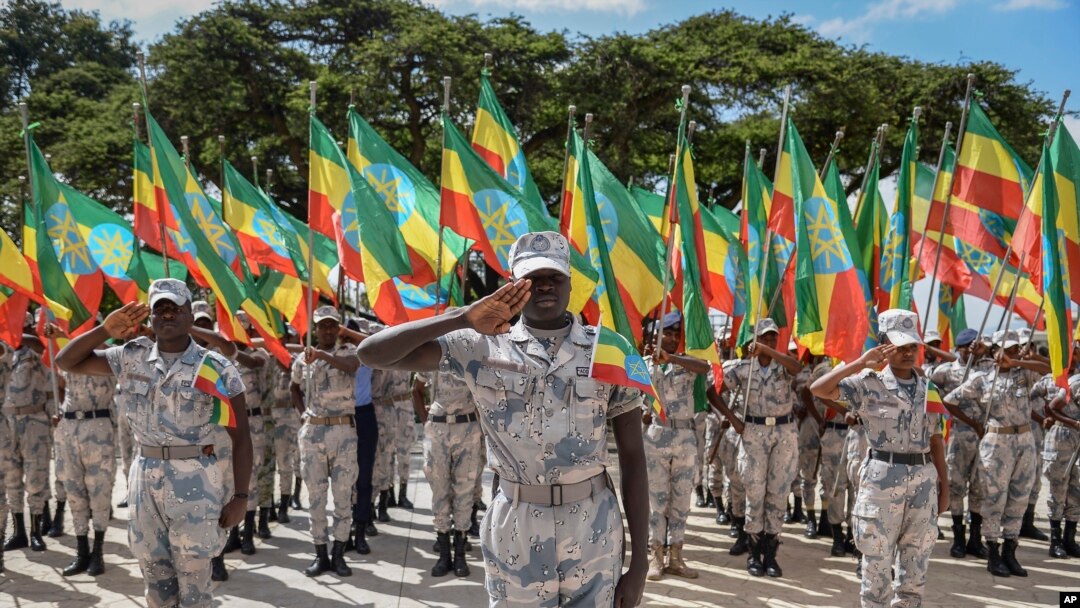Speaking before a crowd of supporters in the town of Arba Minch in southern Ethiopia, Abiy said the government had scored a victory in the deal, reached in Pretoria under African Union auspices.
"In the South Africa negotiations, 100 percent of the ideas Ethiopia has proposed have been accepted," Ethiopian Prime Minister Abiy Ahmed said.
The deal, unveiled Wednesday after little over a week of negotiations, includes provisions for the disarmament of TPLF fighters and a public "commitment to safeguarding the sovereignty and territorial integrity of Ethiopia" - a key demand by Addis Ababa.
But details regarding its implementation remain vague, and no mention was made of Eritrea, a major player in the conflict and a battlefield ally of Abiy's government, despite international calls for Asmara to withdraw its forces from Tigray.
The agreement was greeted with praise from the international community, yet with cautious hope on the streets of Ethiopia's capital Addis Ababa.
"If the truce were done earlier, it would have been better. Many people wouldn't have been killed (and) displaced," businessman Million Tadesse told AFP.
Banker Degsew Assefa also welcomed the agreement, but said it needed to "be carefully implemented so we don't relapse back to war."
"There is no other option than peace," he said.
The war's toll is unknown, but the US has estimated that as many as half a million people have died in the conflict, which has triggered a severe humanitarian crisis in Tigray and caused large-scale displacement in the neighboring regions of Amhara and Afar as well.
UN investigators have accused Abiy's government of crimes against humanity in Tigray, including the use of starvation as a weapon -- claims rejected by the authorities.
A Nobel Peace Prize winner, Abiy sent troops into Tigray to topple the TPLF after accusing the group of launching attacks on federal army camps.
Tigray has faced severe shortages of food and medicines and limited access to electricity, banking and communications, with UN warnings that hundreds of thousands of people were on the brink of famine.


